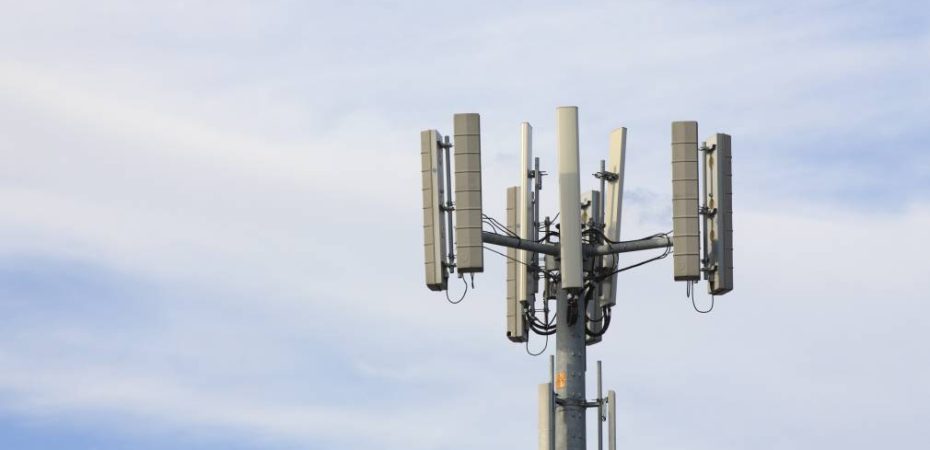The Telecommunications Act of 2023: what changes it aims at for the telecommunications sector and why some have concerns.
4 months ago Admin 0
In order to consolidate spectrum, right of way and dispute resolution into one single new legislation, the Telecommunications Act 2023 which was tabled in Parliament on Monday is a first comprehensive revision of telecommunications law in 138 years. This will be a new law that replaces the 1885 Telegraph Act, which was drawn up years ago.
The spectrum allocation issue for satellite communication firms is one of the most important responses offered by this bill. As a result of this confusion, the government has explained that auctions are not the right way to allocate spectrum for satellite telephony services but they can be conferred on satcom companies by means of administrative allocation. That’s what the satcom players were looking for.
There are also concerns, in particular as regards the requirements for intercepting communications between telecommunication networks and whether or not this Bill is determinatively excluding Internet communication services such as WhatsApp, Signaland Telegram from its scope.
The objective of the proposed legislation is to simplify the existing licensing regime for telecommunications networks, by adopting a system of authorisations. The current situation is that more than 100 types of licence, registration and permission are issued by the telecommunications department while the bill aims at grouping a number of them together in one single authorisation procedure.
Although spectrum auctions will continue to be a preferred method of awarding spectrum to entities, administrative allocation in fields such as metro rail, community radio, national defence and railways is going to take place on an ad hoc basis outside satellite communications.
As part of their fight against fraud, operators have been required to provide biometric authentication for their users. Concerns have been raised as to user privacy in this provision.
Even though Reliance Jio had called for a public auction of the spectrum instead of an administrative allocation, 1webstrongly recommends that the Government take this route and charge fees to encourage investments and ensure competition on the market at the end. In view of ensuring that services are accessible to the general population, Musk’s Starlink has called for a regulatory framework which imposes minimal charges as spectrum usage charges.





